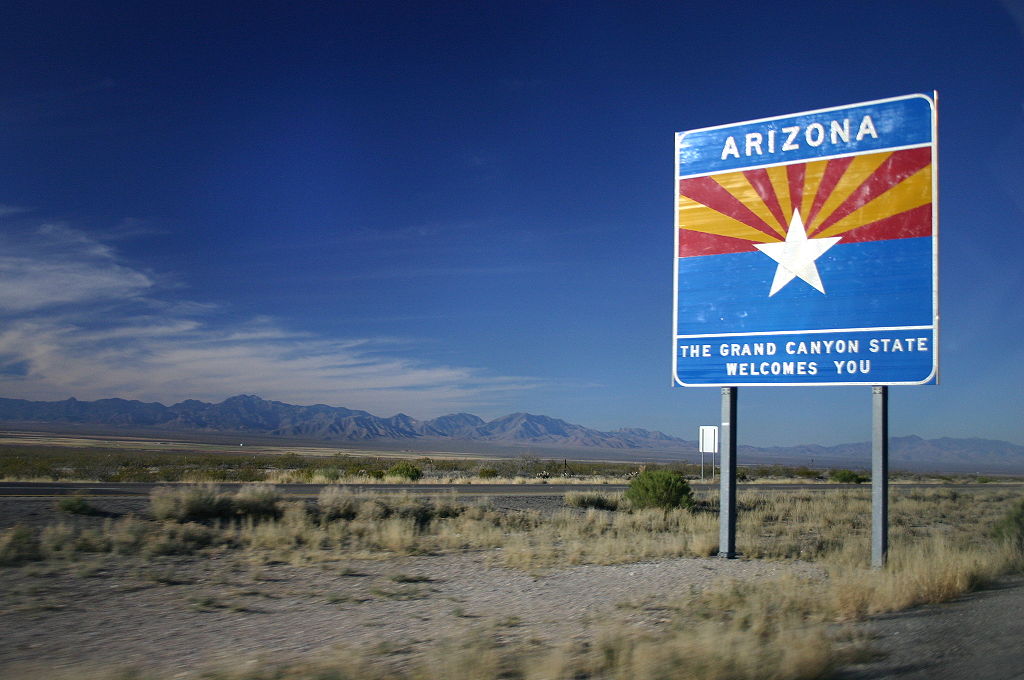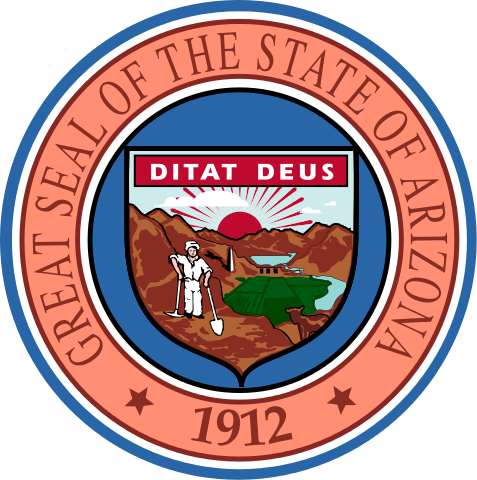Last week, Phoenix voters shot down Proposition 487, the ballot measure that would have shifted the city’s non-public safety new hires into a 401(k)-style retirement plan.
Many public workers, and the city’s mayor, were happy with the result. But one credit rating agency was not.
A Moody’s report released Tuesday said the measure would have improved the city’s finances, and the results of the vote are a “credit negative” for Phoenix.
From the Arizona Republic:
“The vote is a credit negative for the city,” which is grappling with a $4.4 billion adjusted net pension liability, said Moody’s Investors Service. Phoenix has the sixth-highest adjusted pension shortfall relative to revenues among 50 large cities tracked by Moody’s.
[…]
According to the update by Moody’s analysts Tom Aaron and Don Steed, Phoenix actuaries projected the new plan would have increased city contributions by $358 million over 20 years but with savings that would have exceeded those outlays, especially if the underlying investments didn’t perform well.
The ballot measure could have saved the city up to $1.9 billion over 20 years, according to Moody’s, citing a city-council analysis. Cost savings would have derived from limiting the types of pay used to calculate benefits — which leads to the costly practice of “pension spiking” — eliminating supplemental retirement plans offered by the city and calculating pension benefits by spreading them over more years of employee salary, which tends to lower the payout.
But Moody’s admitted the measure would have incurred some extra costs if it had passed. Among the costs: legal expenses. From the Arizona Republic:
On the other hand, Moody’s noted that the measure, had it passed, likely would have triggered costly legal challenges. For example, one part of the proposition would have required only one retirement plan to be offered to newly hired employees, including those in public safety. That would have conflicted with a state law mandating participation in the Public Safety Personnel Retirement Plan, which covers police and fire employees throughout the state.
Moody’s didn’t change the city’s credit rating, however. It remains at Aa1.

